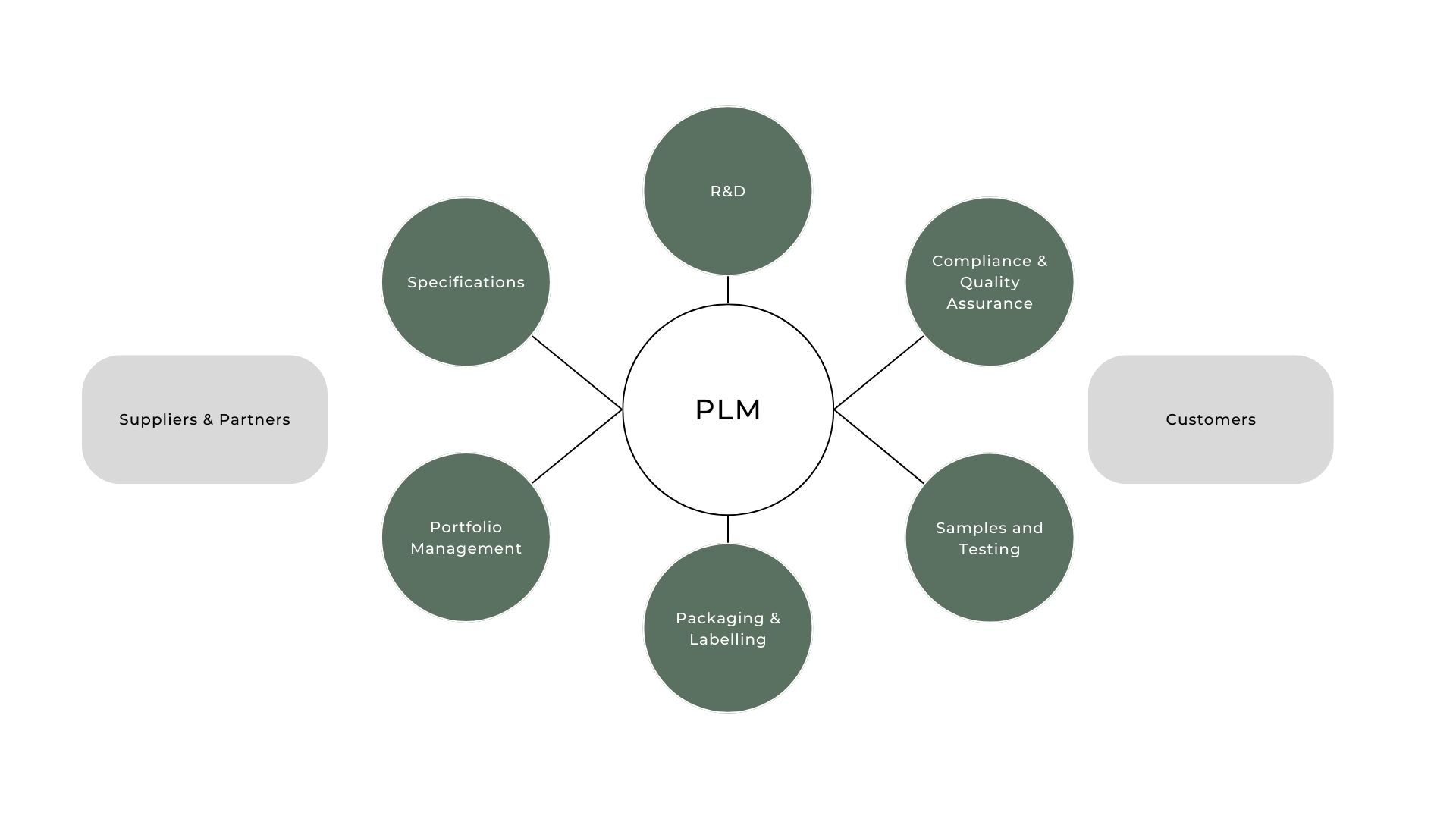Product Lifecycle Management (PLM) defines the processes involved for product development; i.e. design through to manufacture, to service and disposal.
PLM systems are designed to manage the entire process and by definition have been architected to manage process, people, tasks, issues, costs and documents. By design, PLM systems will achieve this by collaborating and synchronising information with existing systems (including 2D & 3D CAD, Excel, Project Management, MS Office, ERP and any other legacy systems in place), or replace those systems, either up front or over time in a controlled manner.
PLM systems should be considered as a strategic platform and are designed to deliver a ‘single Version of the Truth’ for the design to manufacture / sourcing process.

The core philosophy surrounding the Product Life Cyclemaps out the various stages that a product will go through, from initial conception through to retirement.
The stage of a product’s life cycle impacts the way in which it is marketed to consumers. For example, a brand-new product needs to be explained to consumers, while a product that is further along in its life cycle needs to be differentiated from its competitors.
Companies embark on PLM projects for a number of reasons, including:
Another key element of PLM is support for compliance standards by enabling the integration of all requirements and information in a single platform and process irrespective of the origin of that information.
PLM Software is the business system of choice amongst leading companies to manage the innovation cycle or product development process. PLM systems are designed to support companies to increase quality, reduce costs and improve sales revenue and profit.
As development of the lifecycle becomes increasingly complex, PLM software assists organisations to work as a single team to design, produce, support and retire products, while capturing best practices and lessons learned along the way. PLM software empowers businesses to make unified, information-driven decisions at every stage in the product lifecycle and are designed to work in harmony with existing business systems that manage enterprise processes such as customer orders, inventory, distribution and financials.
MEMKO Systems seeks to unite stakeholders enterprise-wide in helping them unlock and realise their innovative potential. With a team of highly specialised engineering, technical and PLM experts in India and Australia, we can provide complete support for small, medium and large-scale PLM programs.
MEMKO Systems also conducts business value assessments (BVA) for companies to identify the value of proceeding with a PLM project. A BVA acts as an insurance policy by identifying costs, benefits and critical success factors prior to investing in the software, hardware and services required to support a successful PLM implementation. We can conduct a BVA on your site for a small investment and the deliverables can be used to support a future business case.